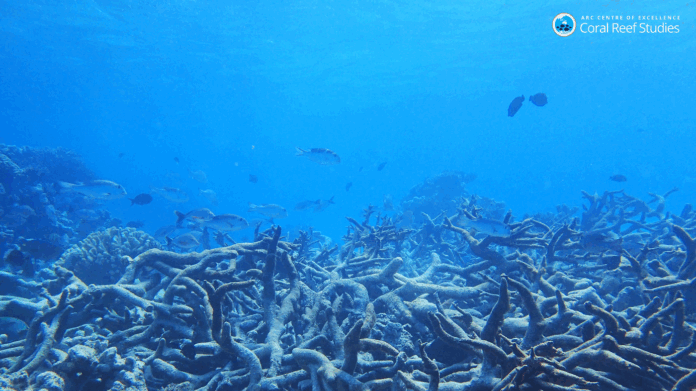Humans have become very good at altering the basic building blocks of life to their advantage. Genetically modified foods are available at most grocery stores. Researchers use gene-editing tools every day to create new medicines.
But scientists are increasingly looking to use gene-editing tools in another way: to help preserve the planet’s fast-eroding natural ecosystems and species. From making corals that can survive better in warming oceans to creating trees that are more resistant to disease, many scientists believe technology can be used to help augment and bolster the natural world.
This week, one of the world’s largest conservation groups will weigh in on how those gene-editing tools should be used to aid the planet’s declining ecosystems and threatened species — and, critically, whether genetically modified plants and animals should be allowed into the wild.
At the heart of the debate is a proposed moratorium, sponsored by a coalition of environmental groups at a meeting of the International Union for the Conservation of Nature (IUCN), that would temporarily ban scientists from releasing genetically modified species into the wild. They’re preaching precaution.




